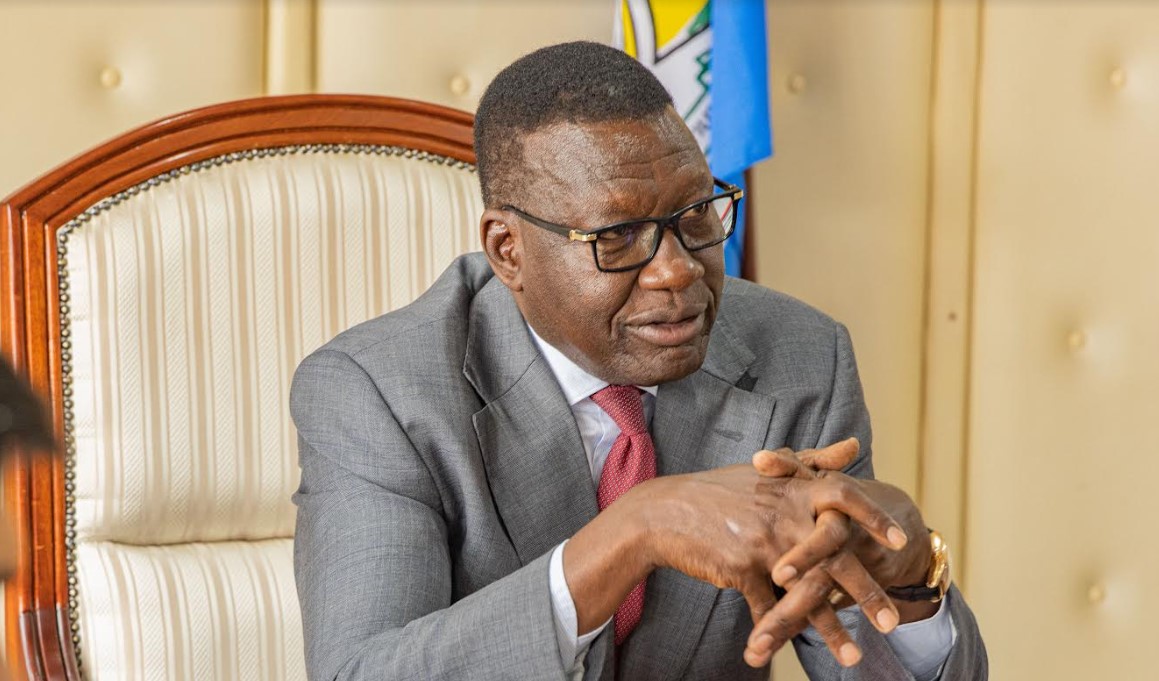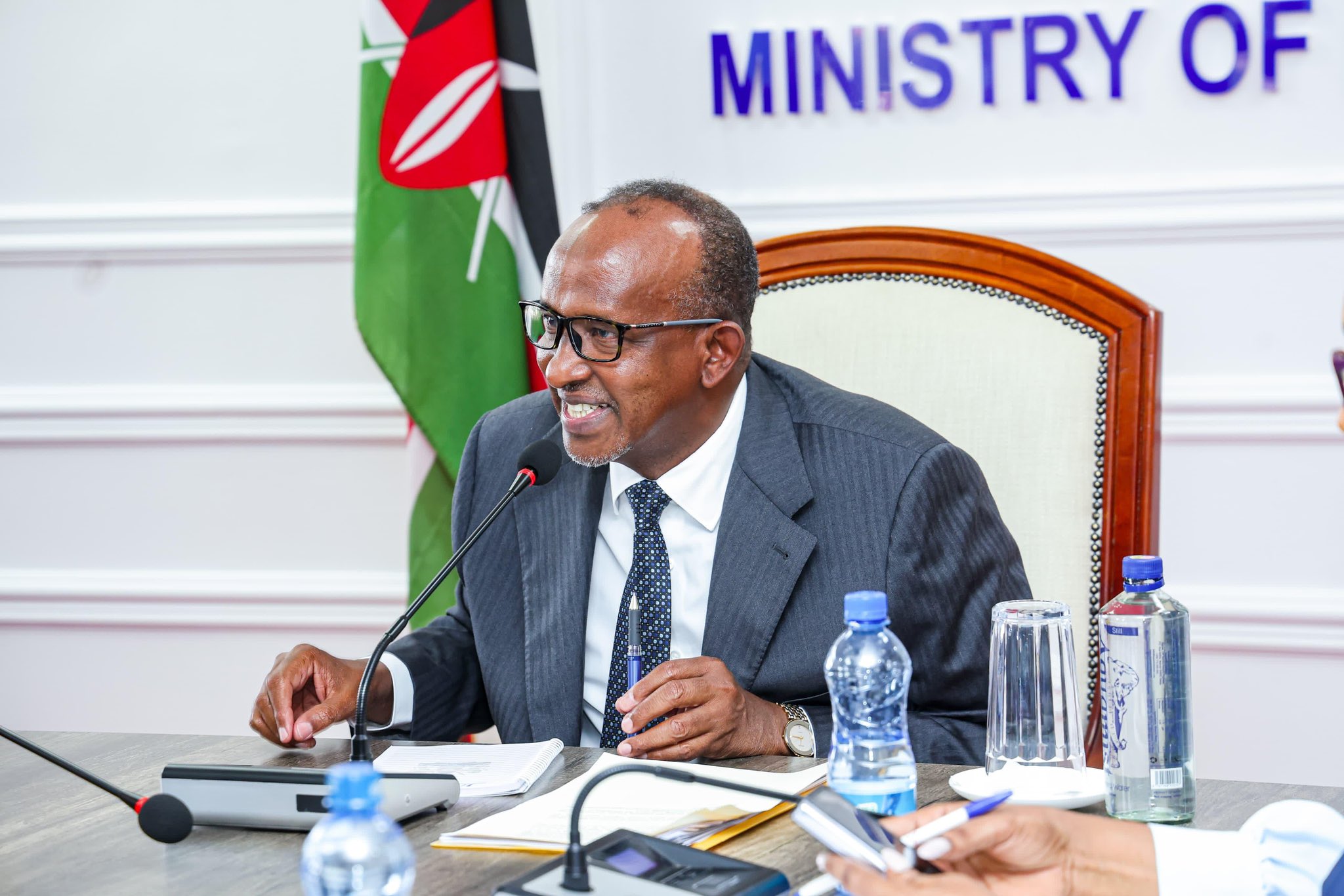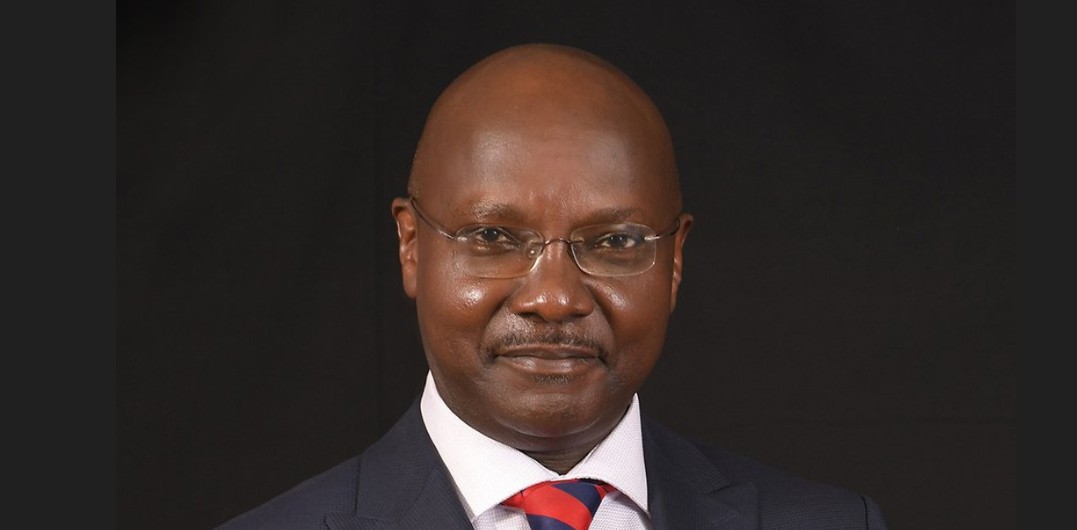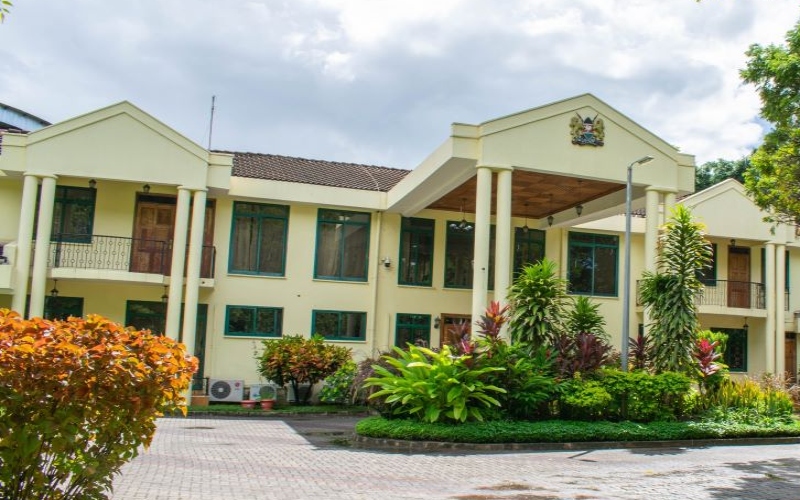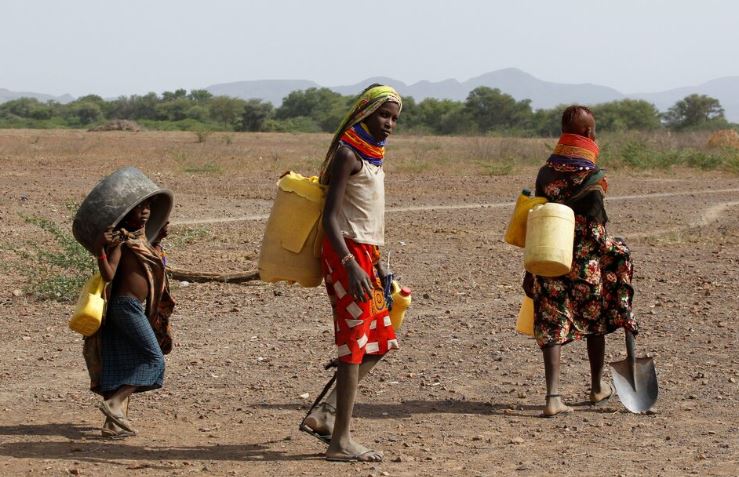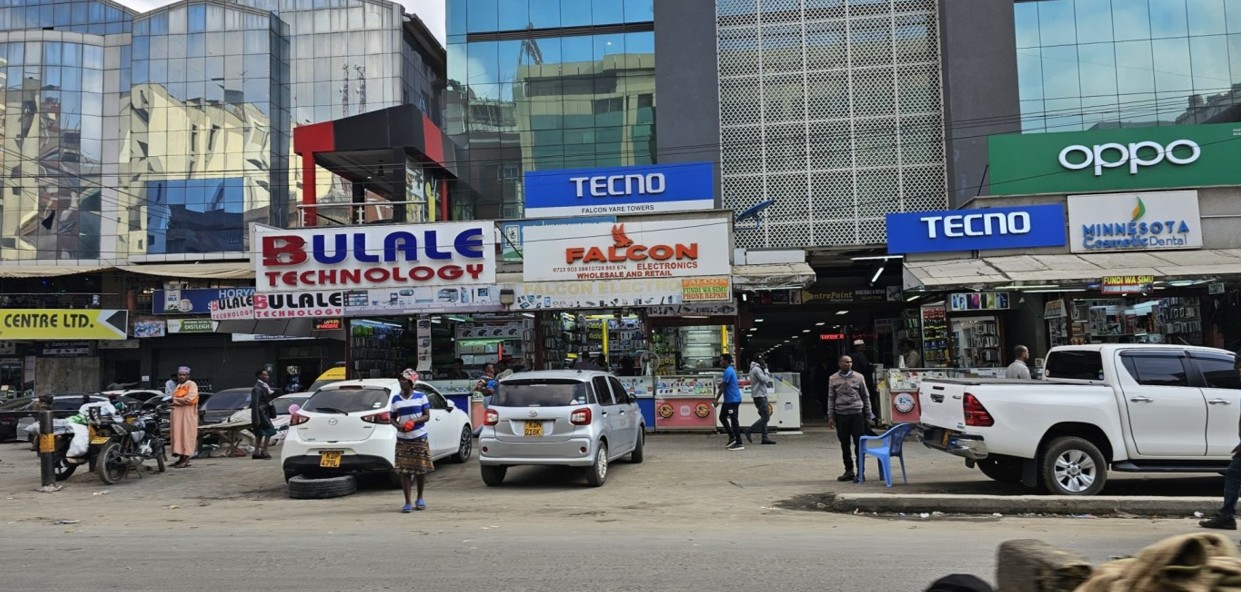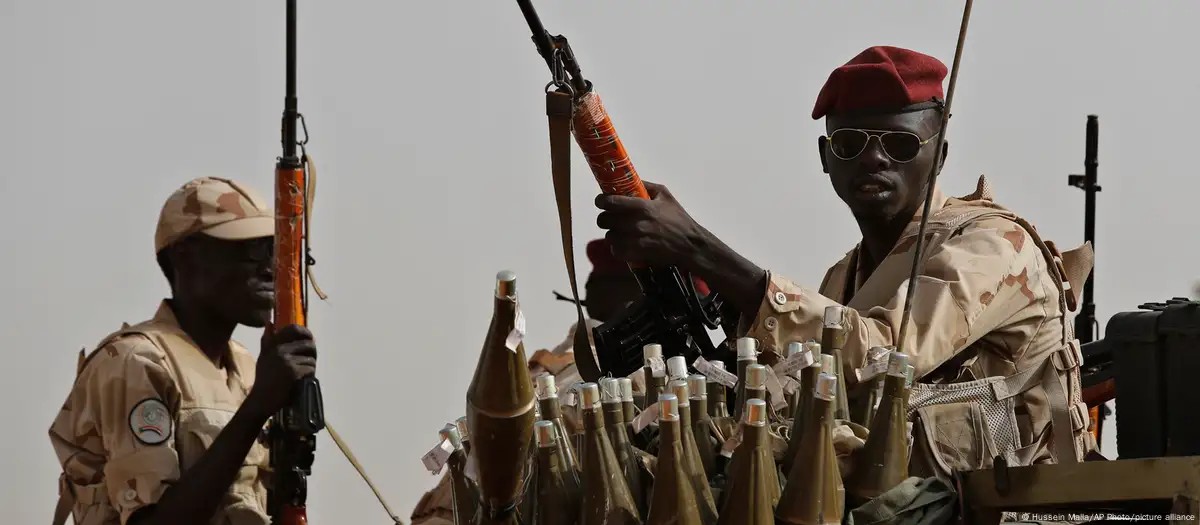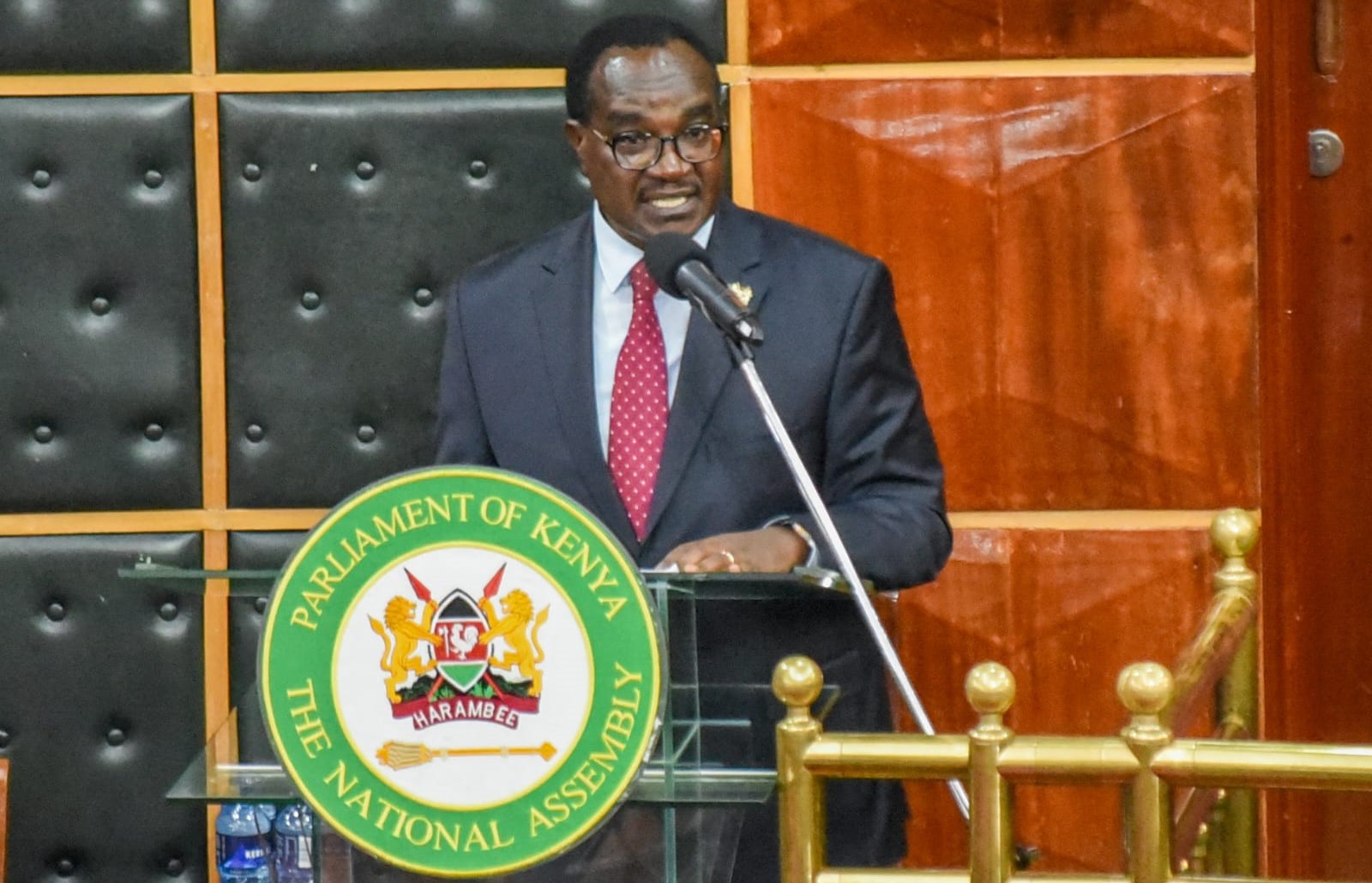MSF expelled from Libya as humanitarian crisis deepens for refugees and migrants

Libya’s expulsion of Doctors Without Borders (MSF) leaves thousands of refugees and migrants without critical medical care amid rising humanitarian needs.
Libya has ordered Doctors Without Borders (MSF) to leave the country by November 9, the medical charity said, citing a letter from the country’s Foreign Affairs Ministry.
The directive comes months after MSF suspended its operations in March, when officials closed its offices and questioned several staff members. The crackdown also targeted nine other aid groups operating in western Libya.
More To Read
- Kenya defends stricter asylum screening for Ethiopian, Eritrean applicants
- Uganda has signed a deal with US to take asylum seekers – what’s behind it and what’s at stake
- Israeli lawmakers approve preliminary bill to expel pro-regime Eritrean migrants
- Thousands of refugee children in Egypt left out of school, HRW reports
- New UK Home Secretary absolves Rwanda in UK-Rwanda migration deal
- Airlines urged not to facilitate UK-Rwanda asylum transfers
According to Steve Purbrick, MSF’s head of programmes in Libya, the organisation was given no explanation for the expulsion.
“No reason has been given to justify our expulsion, and the process remains unclear,” he said.
He added: “MSF's registration with the relevant authorities in the country remains valid, so we hope to be able to find a positive solution to this situation.”
Vulnerable communities exposed
Purbrick expressed concern that the directive leaves vulnerable communities without critical medical aid. MSF said there are now no international NGOs providing care to refugees and migrants in western Libya, amid drastic cuts to international aid funding.
“We deeply regret this decision by the Ministry of Foreign Affairs, and we are concerned about the consequences for the health of the people we assist,” he said in a statement.
“We believe that MSF still has an important role to play in Libya, particularly in the diagnosis and treatment of tuberculosis, supporting the Libyan health system, and providing access to health care for refugees and migrants, who are excluded from care.”
He added that MSF is willing to resume operations and has been in ongoing talks with Libyan authorities to secure approval.
Before suspending activities, MSF worked with Libyan health authorities to deliver more than 15,000 medical consultations, 3,000 mental health sessions, and 2,000 tuberculosis treatments in 2024.
Evacuations
The organisation also helped evacuate 76 vulnerable patients—mostly refugees and migrants—to Italy through a humanitarian corridor, with another 63 scheduled to follow later this year.
Libya is both a major destination and transit country for people fleeing conflict and poverty across Africa and the Middle East, including tens of thousands escaping the ongoing war in neighbouring Sudan. According to the International Organisation for Migration (IOM), Libya currently hosts about 867,000 migrants, up from 725,304 in 2024.
Asylum seekers
Many asylum seekers attempt the dangerous Mediterranean crossing to Europe from Libya’s western coast, often drowning, falling into the hands of traffickers, or being detained under harsh conditions.
The country has remained divided since a NATO-backed revolt in 2011 toppled longtime leader Muammar Gaddafi, whose rule largely controlled migration flows to Europe.
The power vacuum left Libya split between rival administrations: the west, led by Prime Minister Abdul Hamid Dbeibah in Tripoli, and the east, aligned with General Khalifa Haftar.
This ongoing division has weakened governance, disrupted health services, and complicated humanitarian responses amid widespread funding shortages.
Top Stories Today

